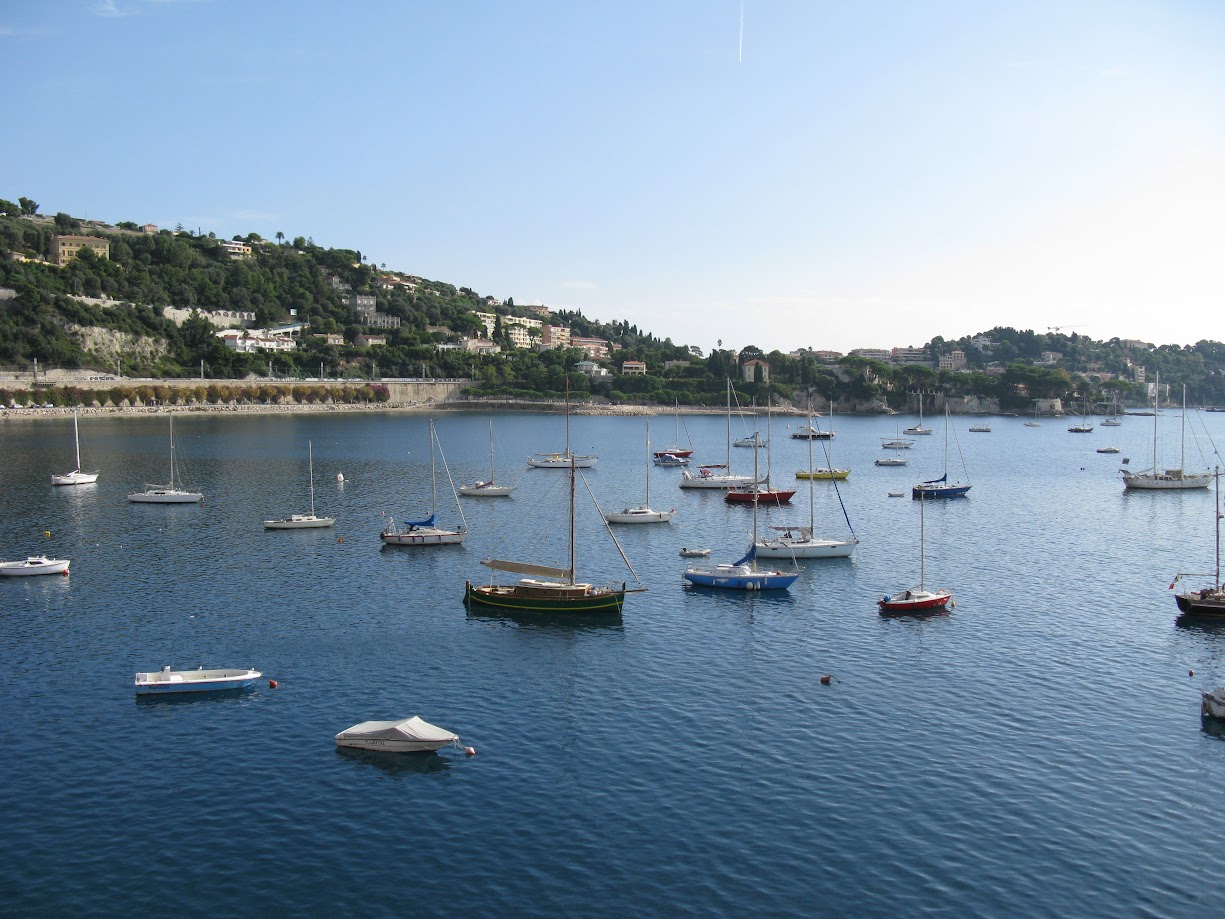Tag: August 2003
-
Travelling Medical Hints and Tips
The Beetle received this e-mail from a Globetrotters who thought it might be useful to pass on to other travellers. If you find yourself under the weather, there is almost
-
Meeting News from London
After our usual gap of one month, London Globetrotters meetings are back at 2.30pm on Saturday 6th September. John Gimilette will talk about Paraguay – The Island surrounded by Land.
-
Mac’s Jottings: Hong Kong
U. S. Soldiers Home, Washington: during a century of travel (well 78 years!) both in and out of service I have travelled to over 150 countries (I count both North
-
Meeting News from New York
For details of forthcoming meetings email newyork@globetrotters.co.uk or register for email updates, click here at our website. New York meetings are held at The Wings Theatre, 154 Christopher Street (btw
-
Meeting News from Ontario
For information on Ontario meetings, please contact Svatka Hermanek: shermanek@schulich.yorku.ca or Bruce Weber: tel. 416-203-0911 or Paul Webb: tel. 416-694-8259. Meetings are held on the third Friday of January, March,
-
Meeting News from Texas
Globetrotters meeting on Saturday 13th September at 2pm The Texas Branch of the Globetrotters Club will meet Saturday Sept 13th, 2003, 2pm at the New Braunfels Public Library 700 E.
-
Write for the Globetrotters monthly e-newsletter
If you enjoy writing, enjoy travelling, why not write for the free monthly Globetrotters e-newsletter! The Beetle would love to hear from you: your travel stories, anecdotes, jokes, questions, hints
-
Laos Snippet by Busby
I went on my two month long trip of Indochina. I skulked a bit in Qatar eyeing up the tablecloth-clad gentlemen and in turn being the recipient of their roving

